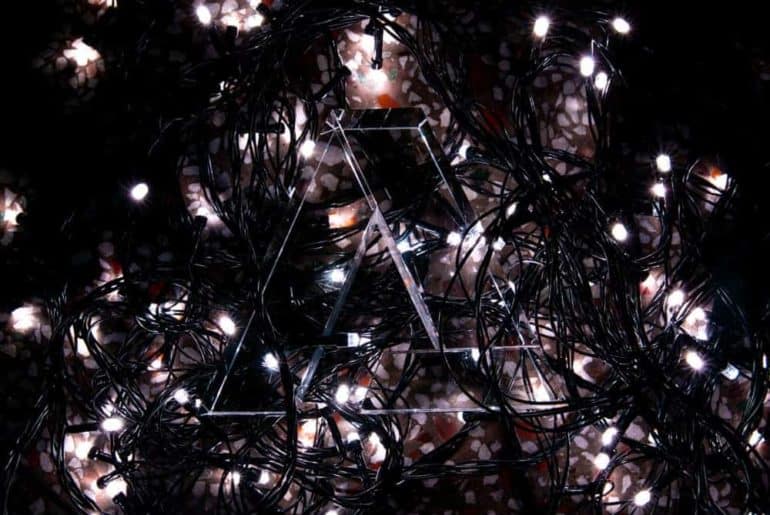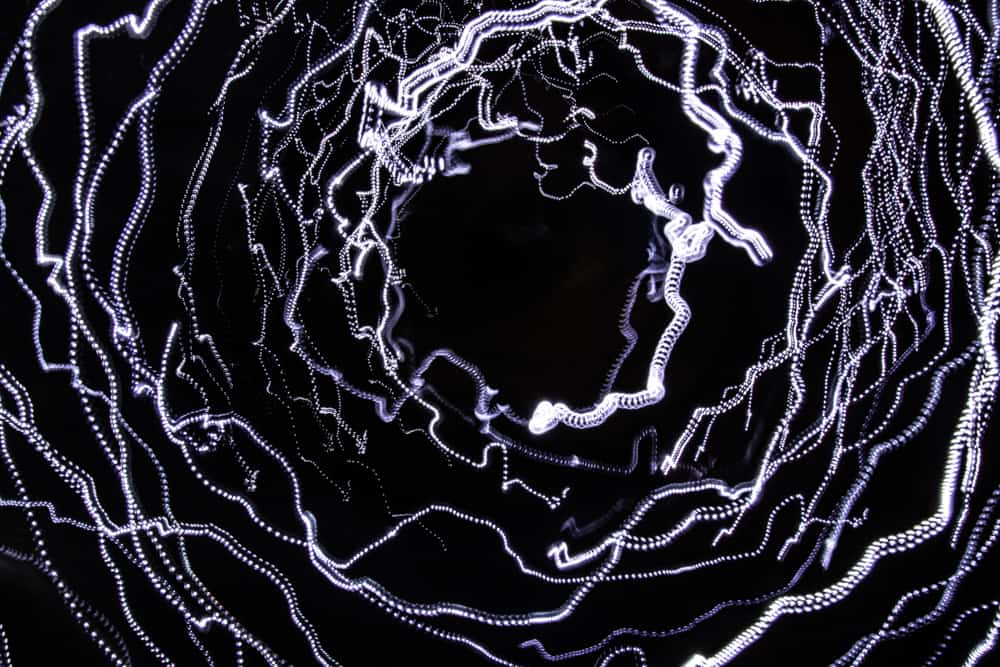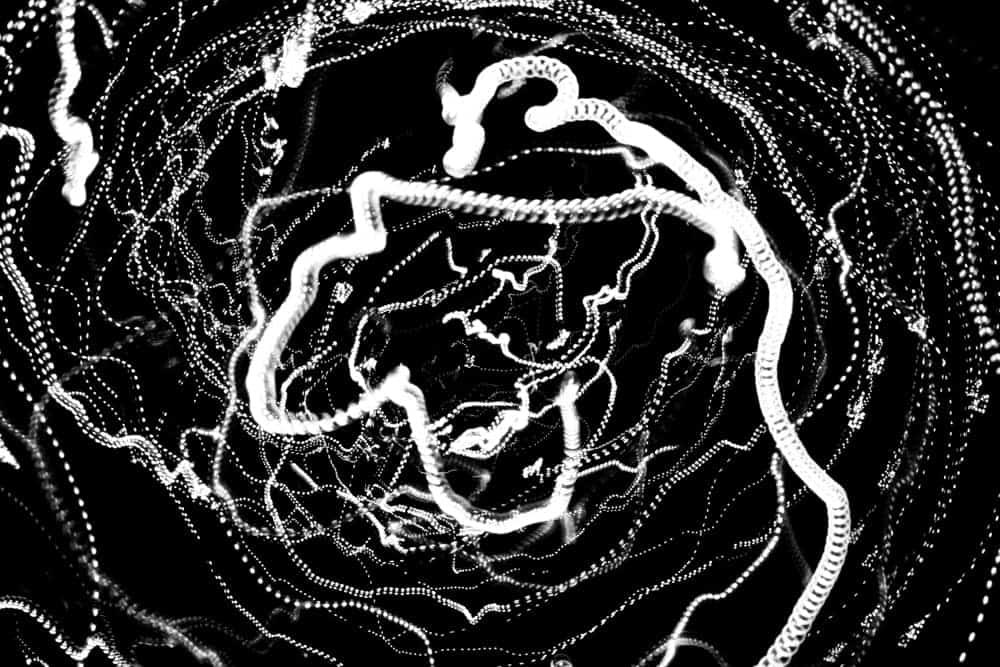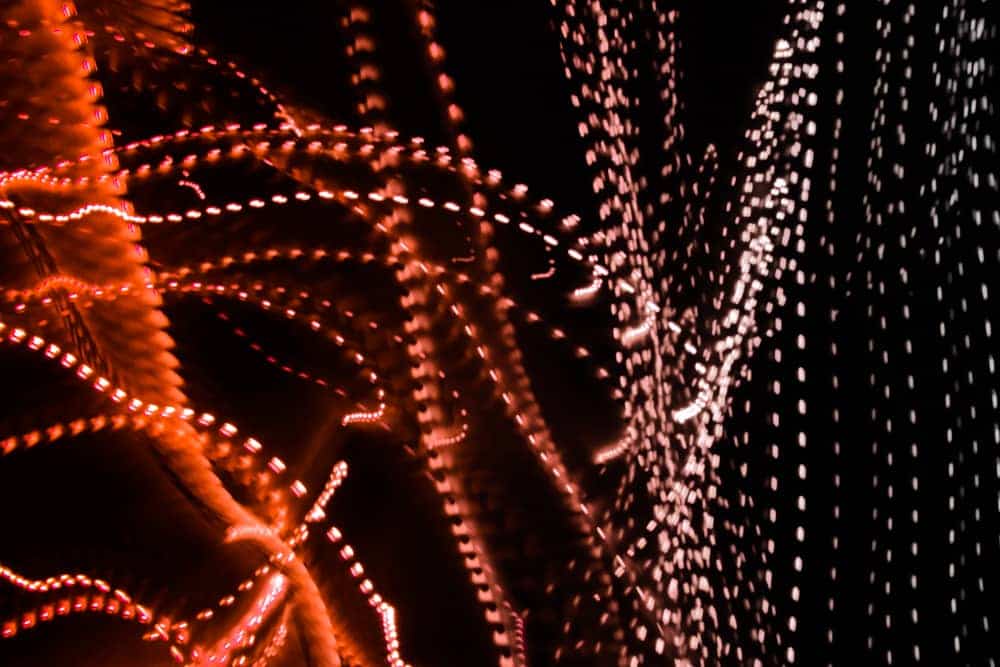The lanes near Jantar Mantar and Parliament Street flooded with protestors as the Centre issued the news of the abrogation of Article 35A, and Article 370 which granted a special status to Jammu and Kashmir.
This morning, Home Minister Amit Shah announced in the Rajya Sabha, that Article 35A, and Article 370 which grants the state of Jammu & Kashmir special status are to be abrogated.
As the hours went on, the bill was passed.
The move leaves Jammu and Kashmir as a union territory with its own legislature. Ladakh would also be a union territory, but without its own assembly.
Since 4th August, Kashmir has been under lockdown with a complete shutdown of internet, broadband, and cellular services. Many Kashmiris across the world have said their indefinite goodbyes to their loved ones, unaware of when the ban would be lifted. Fear, anxiety, and paranoia have gripped the valley as news of deployment of thousands of paramilitary forces spreads out. Tourists and pilgrims have been asked to leave the state immediately, in the face of intelligence reports alleging a terror threat.
On 5th August, as the news of abrogation spread like wildfire throughout the University, student organisations took it upon themselves to celebrate, and resist.
As the ABVP celebrated the move near Arts Faculty with sweets and dhol, Left-leaning parties like the Communist Party of India (Marxist), Communist Party of India (Marxist-Leninist), All India Students’ Federation (AISF) and All India Students’ Association (AISA) gathered around Jantar Mantar to protest against the move. The impromptu protest which was organised within two hours saw hundreds of gatherers with placards, demanding that the Articles be reinstated.
A Kashmiri student who requested to stay anonymous said, “I’m speechless, I don’t know what else to say.”
The protest also saw prominent leaders of the CPI (M), like Sitaram Yechury and Brinda Karat. As cries of ‘Inquilab Zindabad’ echoed through the Parliament Street, the protesters burnt an effigy in an attempt to defame the Modi government.
“I was thinking that this might happen since it was a part of the BJP’s manifesto, but deep down, I didn’t want it to happen. It’s only about the territory now, not the people,” said Hayder, a student.
Due to the communication blackout, students have been unable to reach out to their loved ones. Almost every Kashmiri student remembers the exact time they last reached out to their family.
Residents of Kashmir are yet to find out about the abrogation.
Speaking to DU Beat, Dipankar Bhattacharya, the General Secretary of CPI (ML) called the move as a ‘constitutional coup’ and ‘a complete travesty of truth and justice’. “I think this is a warning to every Indian of the shape of things to come, and these things are coming conspitarioly, but are coming rather fast. This is an adventurous way of governing. This is a recipe for disaster. It’s a time-bomb ticking away for the rest of India. Just because it was a part of the BJP manifesto and that they won the popular mandate doesn’t mean that the whole of India supports this move,” added Bhattacharya.
Ehthemam, a student of Jamia Milia Islamia called the move ‘unconstitutional’ and ‘illegal’. “The army and state repression has been high in Kashmir, with the cellular and internet shutdowns, it only increases the paranoia over human rights violations in the valley. They want control of Kashmir’s resources which is why they choose to abrogate Articles 35A and Article 370. The abrogation is impractical and will only worsen the conflict.”
Kawalpreet Kaur, the president of AISA, Delhi State added “This is illegal and should be challenged in court. This protest showed us that people aren’t happy with what happened today.”
Kaur declared that the resistance would carry on in the form of another protest march on the 7th of August, from Mandi House to Parliament Street.
“The curfew will be lifted some day, people will come to know, how long will you repress us for? What happened today was unconstitutional,” said a Kashmiri woman addressing the gathering.
Home Minister Amit Shah has assured the opposition in the Rajya Sabha: full statehood at ‘appropriate time’ after ‘normalcy’ returns.
But for a state which has been militarized for decades, what is defined as ‘normal’? Amidst internet shutdowns and pellet guns, where does the Kashmiri identity go?
Feature Image Credits: Jaishree Kumar for DU Beat
Jaishree Kumar
[email protected]




























